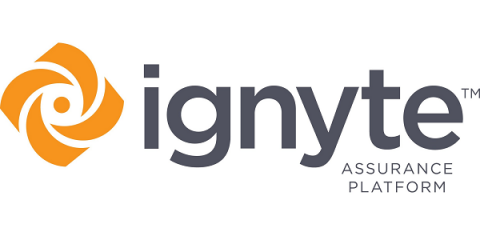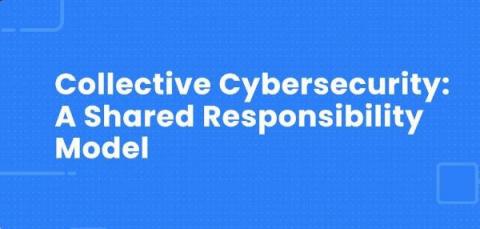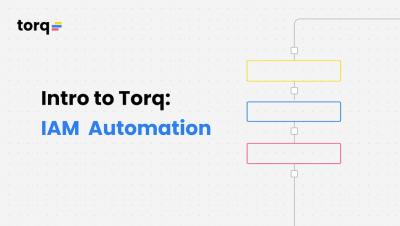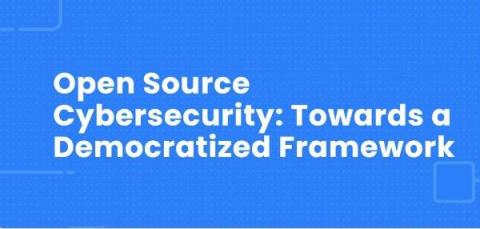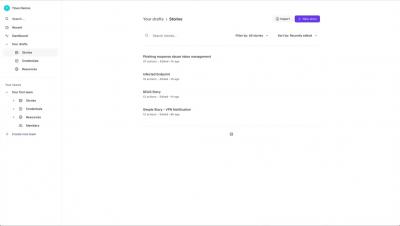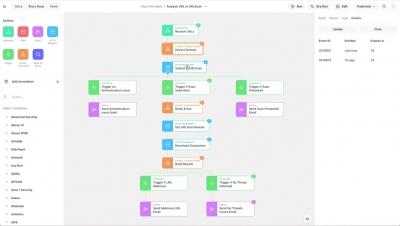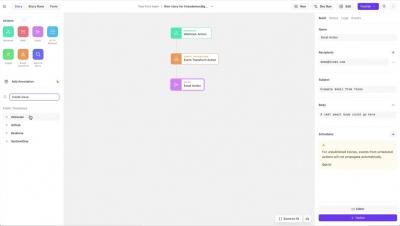OSCAL and FedRAMP Automation
The current FedRAMP Authorization process is a struggle. First, you must manage multiple regulatory standards and frameworks, which change over time. Second, regulatory standards and frameworks overlap in scope and can often conflict and be difficult to manage together. And, lastly, information systems continue to increase in size and complexity.


